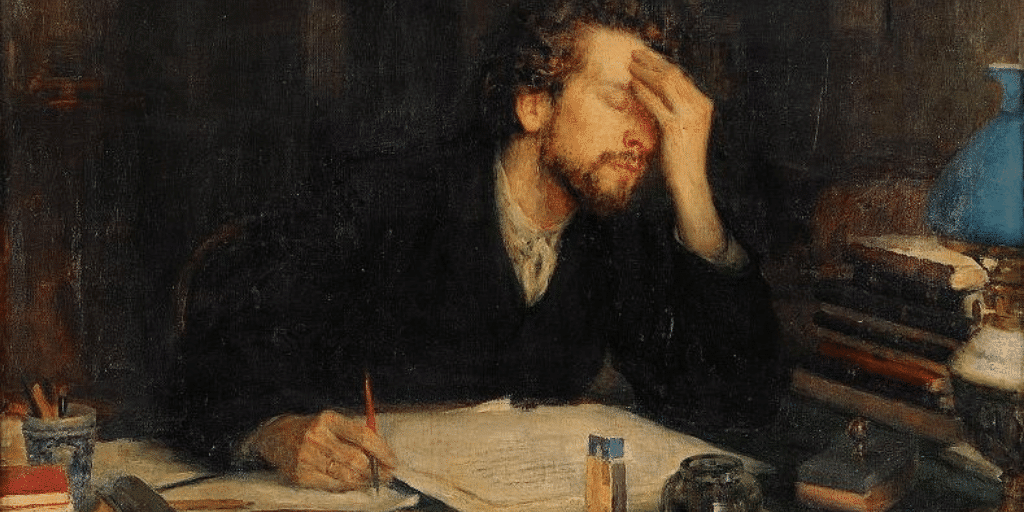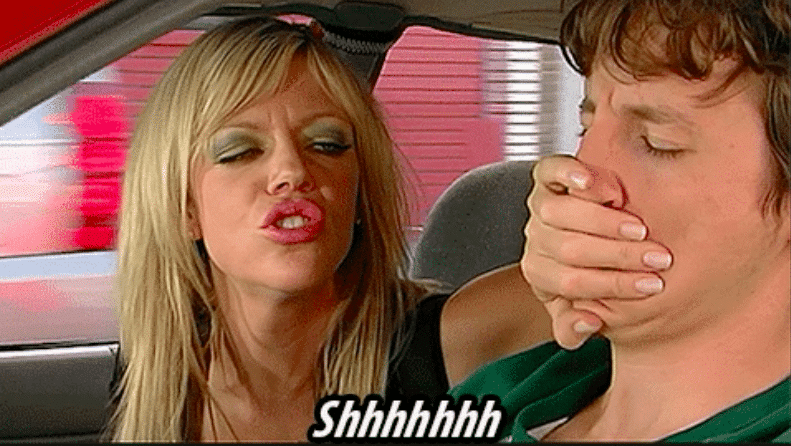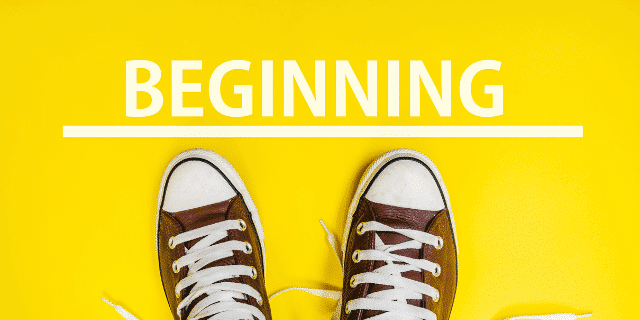Perfectionism and the Myth of the Tortured Writer

Reset your expectations, shift your preconceptions, and find a writing routine that actually works for you.
How to Silence your Inner Critic

Shush that noise (in your head) and learn to live with – and ignore – your inner critic.
Writing Lessons From Groundhog Day

Well hey there. Who’s ready for some tough talk about how setting yourself up for failure can be one of the most helpful approaches to writing? Yes! Failure! One of […]
Break Through the (Writing) Blockage
Frustrated af with your writing? Stuck? Hit a wall? Feeling totally meh about the whole thing? Looking for a way out of the world of sticky writing blockages? (ew) Ok, how’s […]
Troubleshoot Your Writing: Why Are You Stuck?

Fear not the stickage. Everyone hits a sticking point in their writing at some point. Hitting a sticking point does not = failure. Going through a writing drought does not […]
Shiny Thing Syndrome: A Writer’s Malady

We’re here today to talk about a serious condition that afflicts hundreds of thousands of writers across the world. It’s called Shiny Thing Syndrome (STS). Shiny Thing Syndrome can strike […]
Beginning A Story: What Stops Us Starting?

I have this funny thing that I do before I start any new writing project. For whatever reason (spoiler: procrastination) I get it into my head that before I truly […]
Fear and Failure: A Guide to Giving No F*cks

In our Fear & Failure series, we’re going to bombard you with a whole shit-tonne of blogs on the terror of failure and rejection, and how to pull your little […]
How To Cope With Rejection

It is a truth universally acknowledged that every writer, no matter how accomplished, will, at some point, get rejected. So join the club. Look, you get a free badge and […]
Why We Find Writing So Scary (And Why That’s A Good Thing)

Get yourself a cup of tea and let’s have a lil’ chat about the overwhelming terror of writing (and how to get over it…)

